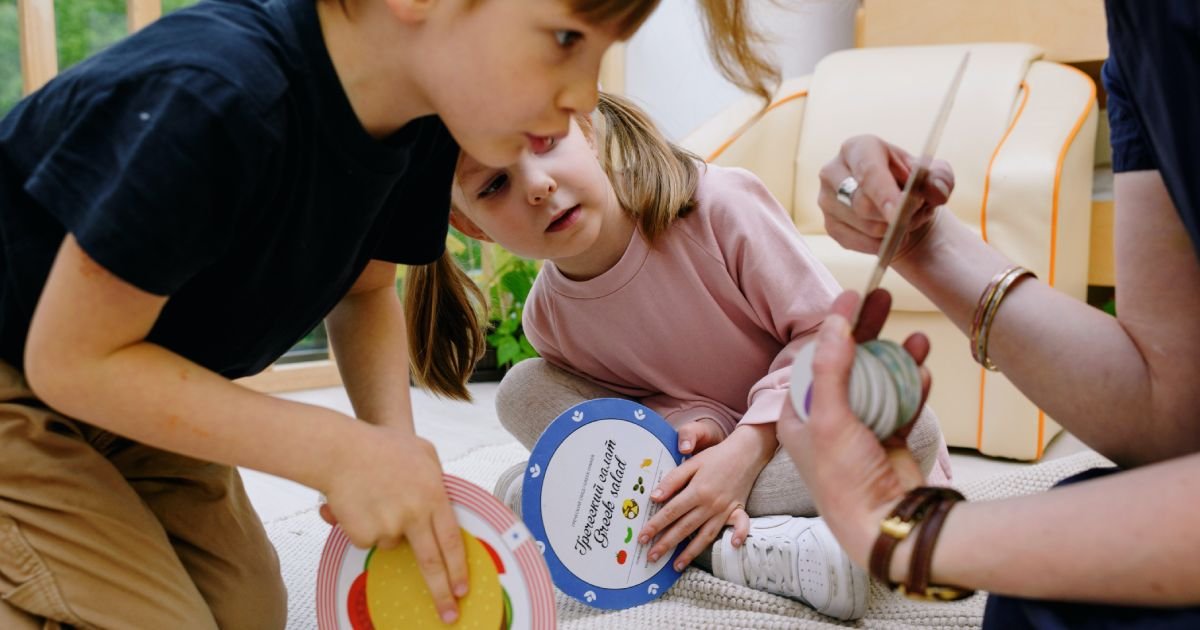Is festive shopping on your mind? After a year and a half of living in restrain thanks to the pandemic that took over the world, it appears that we can have a somewhat normal festive celebration this year.
This return to freedom evokes many emotions, among them stands tall the desire to indulge in some festive buying as well. It’s not just what we want to buy for ourselves, but also the joy of gifting and sharing can return now that the spread of the virus is receding.
Amidst all this excitement and joy, don’t forget the time when this pandemic threatened a more lasting impact on the jobs and livelihood of thousands of people. When your earning capacity is threatened, it’s not just you but your entire might suffer and struggle. This is where the importance of building an emergency fund comes into play.
Before plunging into the festive period shopping spree, make sure you have made those required and timely contributions to your emergency fund.
What is an emergency fund?
It’s the money you keep aside for uncertainties. Expenses related to car damage in a big accident which your insurance won’t cover. Or financial aid to your trusted driver’s family because he is incapacitated in that accident and cannot earn a living. Or personal medical expenses on surgery thanks to that accident, expenses which your insurance will only partially cover. Or all three of these at the same time.
This can happen and so can sudden job loss. All these instances require access to ready funds which you can use till the circumstances have been normalised. Here is where an emergency fund comes in handy. The pandemic has shown us that an emergency will never come knocking and we must be prepared to face it with confidence. Having a financial cushion to manage emergencies gives us that confidence because without that our only other solution is to borrow or beg.
How can it help?
Firstly, an emergency fund is there to fill in any monetary gaps in uncertain times. Secondly, having this in place gives you the confidence and ability to tackle the problem at hand rather than worrying about money. Thirdly, it gives the freedom to take time to choose the next steps.
Essentially, an emergency fund is not just a monetary tool, it’s also an emotional well-being tool. One that can help you lead a more peaceful and fulfilling life through the unforeseen ups and downs.
How can you build it?
It requires some time to do. Your first step is assessing your monthly non-negotiable expenses. These expenses are the ones you absolutely cannot avoid making. Things like utility bills, basic groceries, travel expenses, school fees, rent or EMI and so on. Calculate this amount for a month and then extrapolate it for 12 months. This 12-month figure is how much of an emergency fund you should have. This is just a thumb rule and not a precise science; the money kept aside can potentially help you tide over a difficult monetary period without changing your lifestyle.
Now give yourself 2-3 years to build this emergency fund. To do that you will have to save a fixed proportion each month, building up to your desired figure. You may choose to keep this amount separate from your regular use bank account or you may choose to invest in low-risk securities like recurring deposits or even liquid funds.
Over time as the money accumulates, it can be moved to a short term fixed deposit or short term income funds in the debt fund space.
Emergency funds have to be revisited periodically because your expenses can get altered over time and you may have to adjust the minimum provision accordingly. Just like banks have a provision account for loans turning sour, you should have your own personal provision account in the form of an emergency fund.
Once you have put aside the amount you need in the month to build this fund, you can go ahead and shop to your heart’s desire. A reverse budgeting exercise that your future self will thank you for.







0 Comments